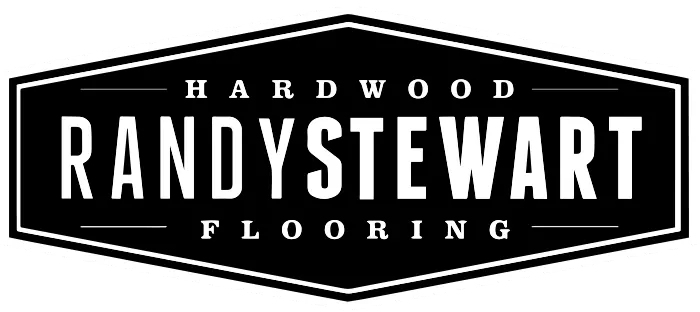If you live in Charleston, you already know, humidity isn’t just a seasonal nuisance. It’s a lifestyle. Between the salty air, steamy summers, and nearly year-round moisture, your home’s surfaces take a beating.
And if you’ve chosen luxury vinyl plank (LVP) flooring for your space, you made a smart move. But even the most water-resistant flooring isn’t maintenance-free in Charleston’s unique climate.
So let’s talk about how you can keep your LVP floors looking sharp, lasting long, and standing strong against our Lowcountry moisture. Whether you’re in West Ashley, Mount Pleasant, or downtown Charleston, this guide is for you.
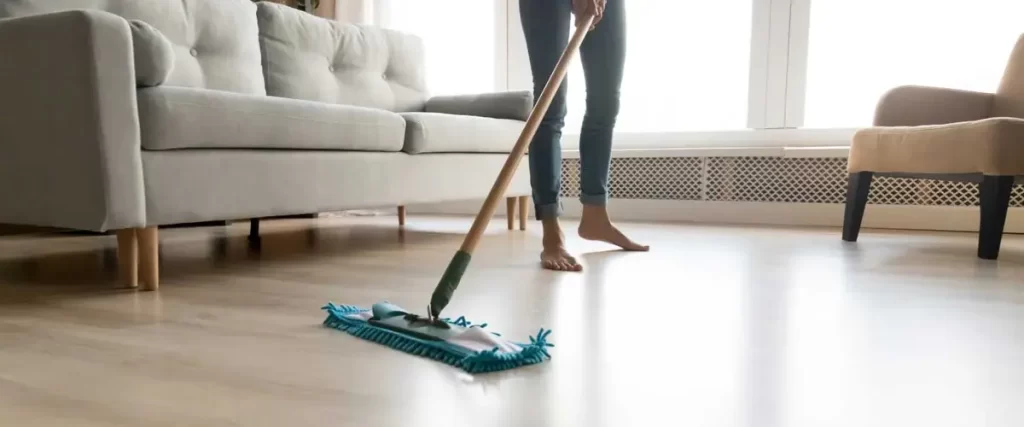
Why Charleston’s Climate Poses a Unique Challenge for LVP Floors
Charleston sits smack in the heart of the humid subtropical zone. That means we get:
- High humidity levels most of the year
- Salt air from the nearby coast
- Frequent temperature swings, especially between seasons
- Heavy rainfall and flooding risks, particularly during hurricane season
Even though LVP is known for its moisture resistance, it’s not completely immune to these elements. Over time, persistent moisture and heat can lead to warping, swelling, mildew underneath the flooring, and even adhesive issues if it’s not installed and maintained properly.
That’s why maintenance here isn’t just about keeping things clean, it’s about protecting your floors from Charleston itself.
What Is LVP Flooring and Why It’s a Great Choice for Charleston
Luxury Vinyl Plank, or LVP, is a synthetic flooring product designed to mimic the look of hardwood while being much more durable and water-resistant. It’s made up of multiple layers that help it resist scratches, dents, and moisture.
For Charleston homeowners, LVP is an ideal choice because:
- It doesn’t absorb moisture like real hardwood.
- It’s easier to clean and maintain than tile or laminate.
- It holds up well in homes with pets, kids, or heavy foot traffic.
- It pairs beautifully with our coastal interior design styles.
That said, not all LVP is created equal, and not all maintenance is common knowledge. So let’s dive into exactly what you should be doing to keep your floors in tip-top shape.
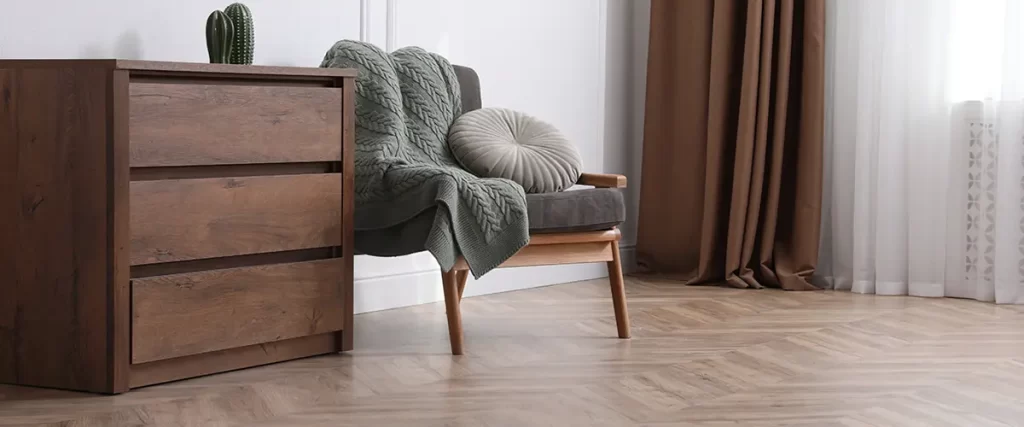
Daily & Weekly Maintenance Tips for LVP Floors in Charleston
You don’t need a team of professionals or a stockpile of specialty products to maintain your floors, just consistency and a few best practices.
Daily Habits That Make a Big Difference
- Sweep or vacuum regularly. Sand, salt, and grit from Charleston’s beaches can scratch LVP if left unchecked.
- Wipe spills immediately. Even though LVP is water-resistant, standing water can still damage the subfloor or edges.
- Use doormats. Place mats at every entry to trap moisture and debris before it hits your floors.
Weekly Cleaning Routine
- Use a pH-neutral floor cleaner. Avoid harsh chemicals or anything that contains bleach or ammonia.
- Damp mop, don’t soak. Excess water can seep into seams and wear down adhesives.
- Check for signs of mold or mildew in corners or edges, especially after a heavy rain.
Seasonal LVP Maintenance for Charleston Weather
Charleston’s seasons bring different challenges, so adjust your approach as the weather changes.
Spring & Summer
- Use a dehumidifier, especially if your HVAC doesn’t regulate moisture well.
- Keep blinds or curtains closed during the hottest parts of the day to reduce heat expansion in planks.
- Inspect for buckling or gaps after days of high humidity.
Fall & Winter
- Look out for contraction gaps. Colder temps can cause planks to shrink slightly.
- Clean floors thoroughly before the holidays. Dirt build-up during high-traffic events can cause long-term wear.
- Protect entryways. Rain and mud are frequent guests, be ready.
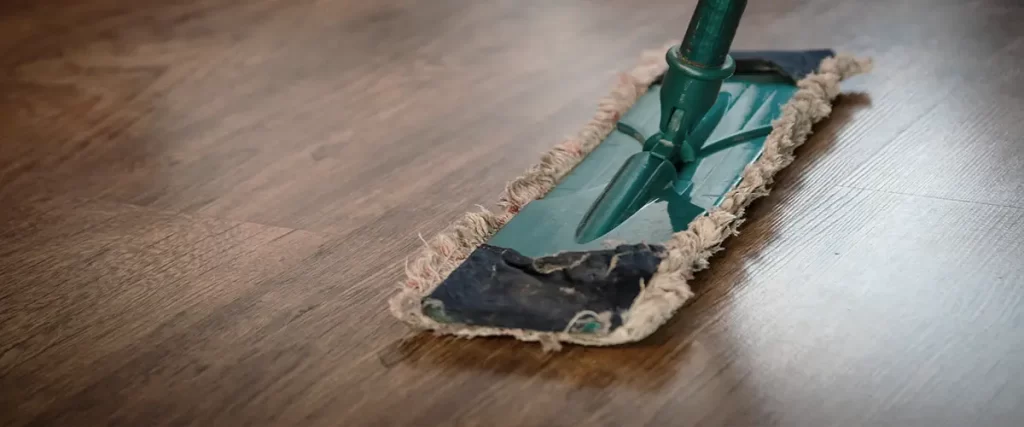
Charleston-Specific Pro Tips for Long-Term LVP Durability
1. Monitor Indoor Humidity
Keep indoor relative humidity between 30%–50%. That’s the sweet spot for your floors and your home’s overall health. Charleston’s summer can easily push indoor levels higher, so consider using smart humidifiers or dehumidifiers to maintain balance.
2. Elevate Furniture Strategically
Use felt pads under furniture legs, and consider rearranging heavy pieces seasonally to prevent permanent dents or uneven fading due to sunlight.
3. Pay Attention After Storms
Hurricanes and tropical storms are part of life here. After any major weather event:
- Check for moisture under rugs or mats.
- Inspect the edges and seams of your LVP for swelling or warping.
- Run a dehumidifier for several days, even if you don’t see damage.
4. Be Mindful of Subfloor Moisture
If you ever plan to renovate, replace, or expand your flooring, get a moisture test for your subfloor. Charleston’s ground moisture can be sneaky and damaging.
Best LVP Manufacturers for Charleston Homes
Finding a quality LVP product is just as important as maintaining it well. These manufacturers offer LVP options that perform exceptionally in humid, coastal environments like Charleston.
Top LVP Brands to Consider:
- Shaw Floors – Known for strong wear layers and beautiful designs perfect for Lowcountry aesthetics.
- COREtec – Their waterproof core and attached cork backing are great for added insulation in humid homes.
- Mohawk – Offers antimicrobial finishes and rugged construction that stands up to coastal climates.
- Karndean Designflooring – Specializes in stylish, realistic designs with enhanced moisture resistance.
- LifeProof (by Home Depot) – Easy to install and durable, great for DIYers upgrading in Charleston’s suburbs.
Frequently Asked Questions (FAQ)
How do I know if humidity is affecting my LVP floors?
Look for subtle signs like buckling, cupping, or gaps forming between planks. Musty smells can also indicate moisture beneath the floor.
Can I steam mop my LVP floors?
Nope. Steam mops may seem convenient, but they can force moisture into seams and damage the core of your flooring over time.
Is it safe to install LVP in bathrooms or kitchens in Charleston?
Absolutely, but make sure the product is labeled as waterproof and your installer uses a waterproof underlayment.
Do I need to reseal LVP floors?
No sealing is required for most LVP products. However, regular cleaning and protective measures will extend their life dramatically.
What’s the best way to protect LVP from sunlight in Charleston homes?
Use UV-blocking window treatments and rearrange rugs/furniture occasionally to prevent uneven fading.
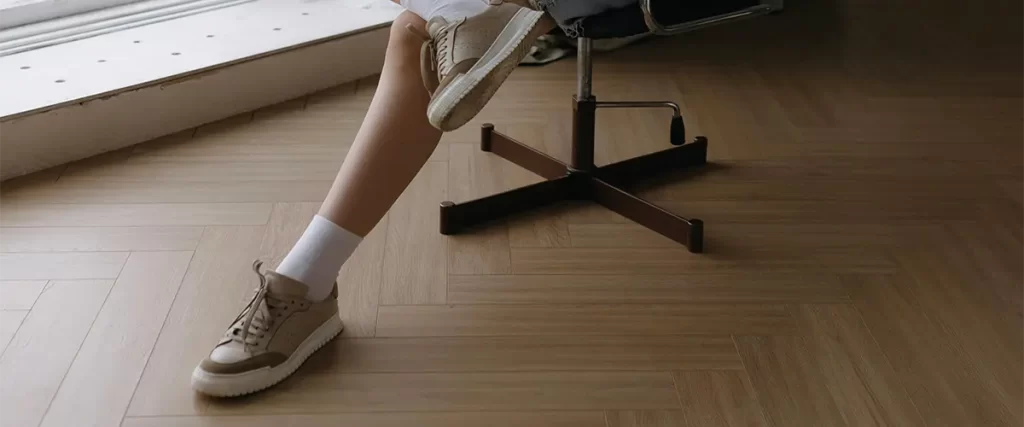
Local Resources
To help you monitor home conditions and moisture levels more effectively, here are a few Charleston-area resources:
- City of Charleston Floodplain Management
- Charleston County Hurricane Preparedness
- SCE&G (Dominion Energy) Energy-Saving Tips
Keep Your LVP Floors Looking Their Best, Year After Year
Maintaining your LVP floors in Charleston’s humid climate doesn’t have to be complicated. With a few smart routines, an eye on your indoor conditions, and the right materials from the start, you’ll have floors that look fantastic for years to come.
And if you’re planning a new flooring project or need help making sure your LVP setup is Charleston-proof, we’re here to help. Contact us at (843) 900-4880, we’re happy to answer your questions, share tips, or help you with your next home improvement move.
After all, your floors should work as hard as you do to keep your Lowcountry home looking beautiful.
